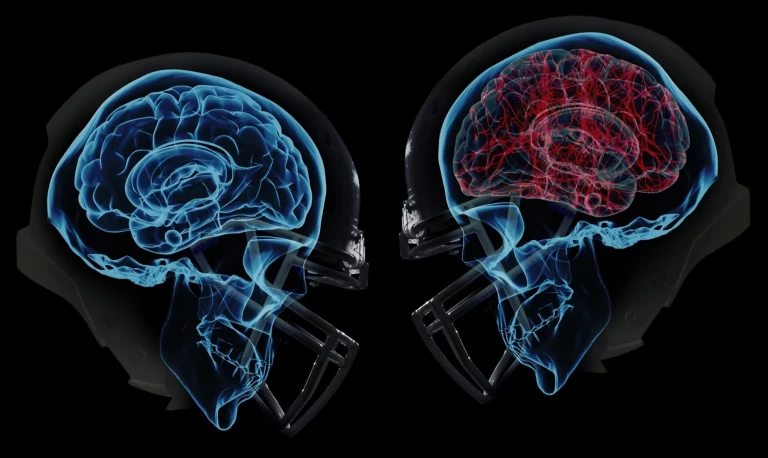
We have written extensively about what we feel is the missing link in the post-concussion syndrome discussion and recovery. Any trauma that is severe enough to cause shearing damage to the brain simultaneously damages the soft tissue at the skull neck junction (craniocervical junction). Because the craniocervical junction(CCJ) is a "choke point" for neurology, cerebrospinal fluid flow, and cerebral artery flow, a misalignment in the integrity of this region can have a cascade of detrimental effects throughout the body.
We have been practicing a little-known technique called Blair upper cervical care for the past 19 years and have found that patients who suffer from the post-concussion syndrome are not getting well because they are suffering from a craniocervical junction misalignment and subsequent nervous system interference. Correcting this most vital area can have profound healing effects for patients suffering from post-concussion syndrome and other chronic health disorders.
Post-concussion Syndrome symptoms include:
- Headaches
- Dizziness
- Fatigue
- Irritability
- Anxiety
- Insomnia
- Loss of concentration and memory
- Ringing in the ears
- Blurry vision
- Noise and light sensitivity
- Rarely, decreases in taste and smell
Post Concussion Syndrome Treatment
The following information is assuming that you have already had primary medical care. Most patients who start to search for answers to their post-concussion syndrome have usually already been to a neurologist, had MRI, etc. The information below is natural healing modalities that you can use to help your body in its quest for recovery, healing, and health.
There are many things one can do to assist the body’s ability to heal and repair:
REST - The most important thing you can do following a concussion injury is rest. Trying to get back to regular activity too quickly following a concussion can hasten your recovery. Rest is essential. One of the worst things you can do following a concussion is to force yourself back to your old lifestyle before you are ready. You will only hasten your recovery and prolong your suffering. Rest and moderation are ESSENTIAL.
Increase Water Intake - Seventy percent of the human body is water. The brain is no different. Adequate water intake is a must not only for concussion sufferers but for everyone. Make sure you drink at least ½ of your body weight in ounces per day. (2)
Get
Under Upper Cervical Care - Upper cervical care is a rapidly
growing natural health discipline that aims at restoring normal
alignment of the skull neck junction. This most vital region is the
seat of control of most autonomic functions in the body. Concussion
injury causes the head and neck to misalign and results in
interference to the central nervous system. Nervous system
interference impedes healing and can have far-reaching deleterious
effects on the human body. (1)
Take lots of fish oil - There are hundreds of articles published in the peer-review literature that tout fish oils' ability to help the body and brain heal from injury. It is naturally anti-inflammatory and has been found to be a great aid in helping post-concussion sufferers recover lost health. (3)
Eat Healthily - It is best to eat what is known as an antiinflammation diet. (4) Foods like sugar, white flour, refined carbohydrates are inflammatory in nature. Post-concussion syndrome sufferers are already dealing with inflammation. Eating a diet that is high in fruits, vegetables, raw oils and low in carbohydrates has been found to decrease inflammation and aid the body in its attempt to heal.
Post-Concussion Syndrome Symptoms Years Later
The majority of people who suffer from a concussion only suffer for a few months. However, there is a subset of people who have a concussion that gets stuck. No matter what they do they just can’t seem to get better. In our Wasco-based upper cervical health care office, these are the most common cases we see. People who have exhausted every other option and still are sick. We find that the upper cervical spine is at the root cause of these outlier cases that suffer for years following a concussion. An upper cervical spine misalignment will NOT correct itself. WE have had many cases of severe post-concussion syndrome recover after receiving precision upper cervical care in our office. Listen to Kevin’s story
What is Post-Concussion Syndrome?
Post-concussion syndrome is the aftermath or fallout one experiences following a concussion. Some people have concussions and do NOT have symptoms that follow. Those suffering from post-concussion syndrome have severe symptoms after concussions that last months and in some cases years. As we have repeatedly stated, it is our opinion that many of the cases with PCS that last for years are due to a neck injury that does not self-correct. As a consequence, the spinal misalignment at the base of the skull impacts the brainstem and central nervous system which causes chronic health problems that the body is unable to adapt to.
Can Post-Concussion Syndrome Become Permanent?
One of our goals for our articles is to restore hope to those who suffer from chronic health problems. With that said, unfortunately, many who have suffered from the long-term post-concussion syndrome are told that their health condition is permanent. While PCS can be devastating and long-lasting, even the most severe cases can improve if they take proactive measures to help their body heal. In this article, we listed a handful of natural healing procedures that you can implement into your daily health regimen that can help support your body's recovery.
Post Concussion Syndrome Recovery
The large majority of people who suffer from PCS recover. For some people, it takes ten days others three months, and others even years after their original concussion they suffer from chronic PCS symptoms. No matter where you are at on this spectrum of recovery we are huge advocates(it’s the reason this site exists) in raising awareness of natural health procedures you can use that can aid your body in its recovery from PCS and other chronic degenerative health problems. No matter where you are at in your health journey, there are always things you can do that will help you on your path to recovery. We hope that some of the information in this article will help you in your quest for recovery and health.
How Long Does Post-Concussion Syndrome Last?
A recent study found that only 27% of PCS sufferers meeting the criteria for post-concussion syndrome at three months post-injury eventually made a full recovery (Bigler et al., 2017). The article “Early Clinical Predictors of 5-Year Outcome After Concussive Blast Traumatic Brain Injury,” states that many concussion patients experience the evolution of symptoms five years after mild TBI, not the resolution of symptoms. 72% of patients had worsening symptoms after five years. This states that concussion symptoms are likely to progress over time, rather than resolve. This can leave PCS sufferers with little or no hope of recovery.With the above said, being proactive in your care, and searching out natural healing modalities that help support your body's healing system can make massive impacts on recovery and quality of life. Unfortunately, the grand majority of people who suffer from post-concussion syndrome spend tens of thousands of dollars on mainstream medical treatment and do not find lasting relief and healing until they look into alternative health care procedures like Blair's upper cervical care. Most studies are made up of people that only use conventional therapies. As is the case with most chronic health issues it is a MUST to seek out natural health care that aids the body in its quest for healing.
Post-Concussion Syndrome Depression
One study on PCS showed that between 14-29 percent of these patients suffered from major depressive disorders. (5) Most who suffer from PCS deal with doctors after doctors finding little help. This in itself can be very depressing. However, neck injury and brain injury commonly result in depression. It is well known that concussion changes brain blood flow and decreases in cerebral blood flow can lead to cognitive deficits and depression. Thankfully, in our Wasco-based upper cervical health care office, we have seen hundreds of long-term PCS sufferers not only recover from depression but also recover from many of the other chronic symptoms experienced by PCS sufferers.
What Exactly Does a Blair Upper Cervical Doctor Do?
Blair Upper Cervical doctors are specially trained to locate spinal misalignments in the upper cervical spine and correct them. Spinal misalignment is located by running a battery of neurological tests that locate the spinal segments that have been injured and misaligned by a prior neck injury.
Once located, precision imaging in the form of digital x-ray or cone-beam computed tomography (Cbct) is used to precisely determine which joint has misaligned and the angulation of the misaligned joint. Each person’s anatomy is different and therefore imaging is used to uncover the blueprint to be used to correct each patient’s individual misalignment pattern.
Once this information is gleaned, a gentle, light correction is made without twisting, popping, or pulling. The patient is then monitored over time to ensure that the correction is holding. If the testing indicates the need for another correction, then it is performed. However, the goal of Blair Upper Cervical Care is for the patient to stay in “adjustment”.


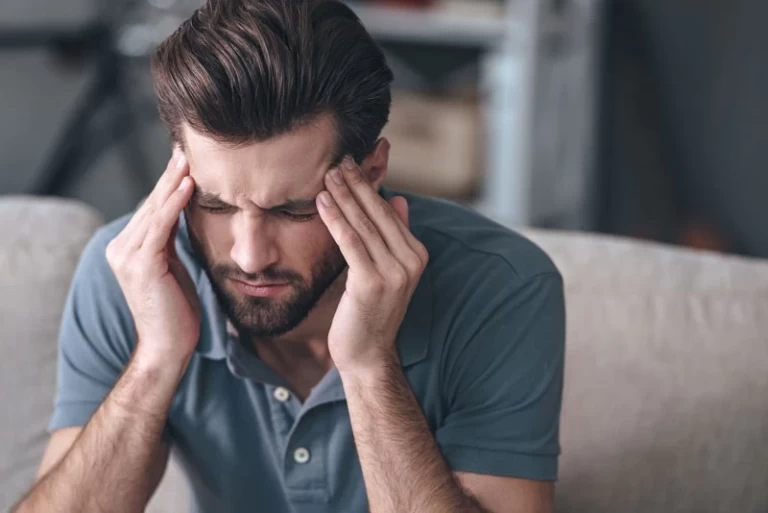
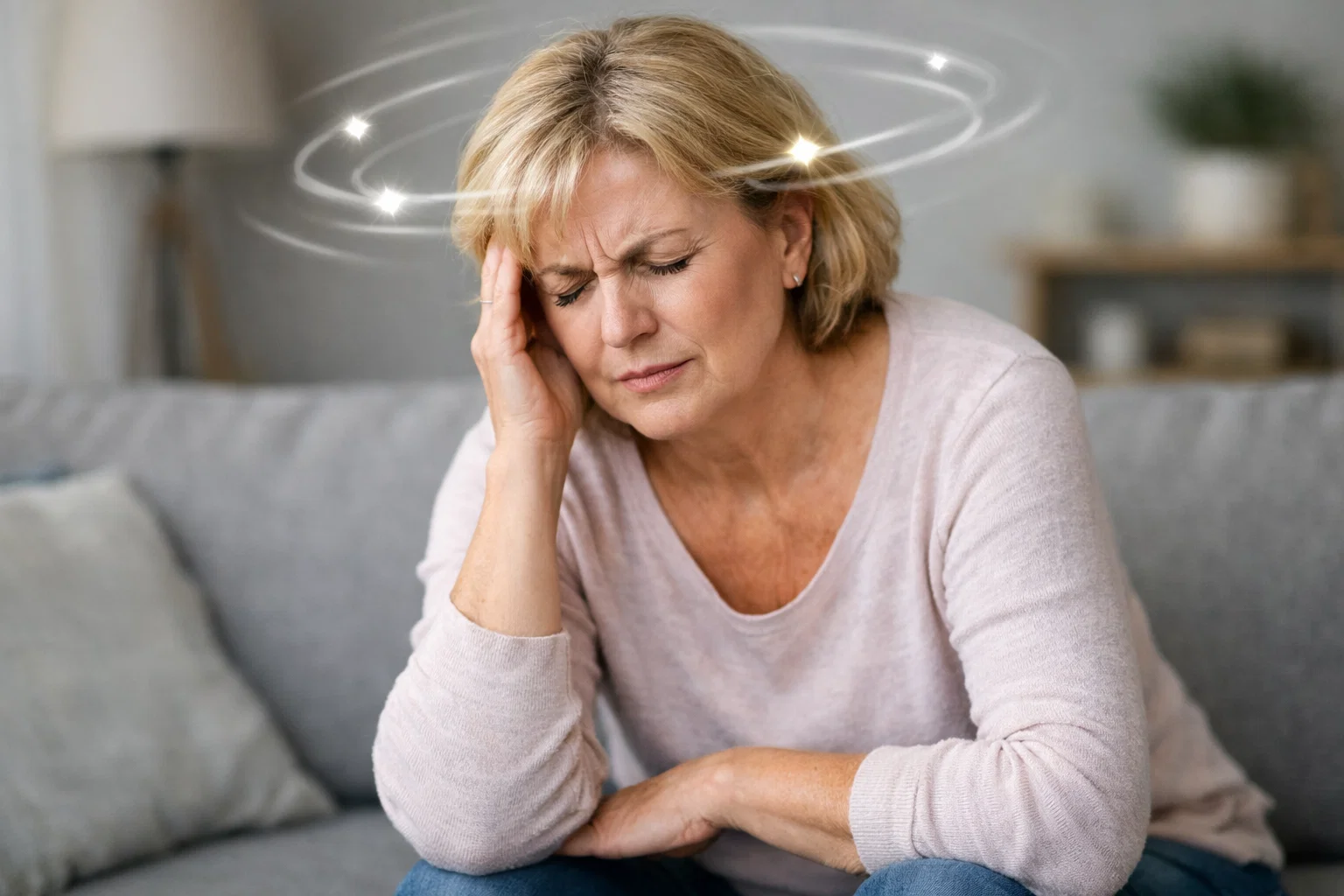
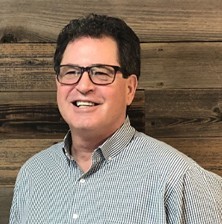
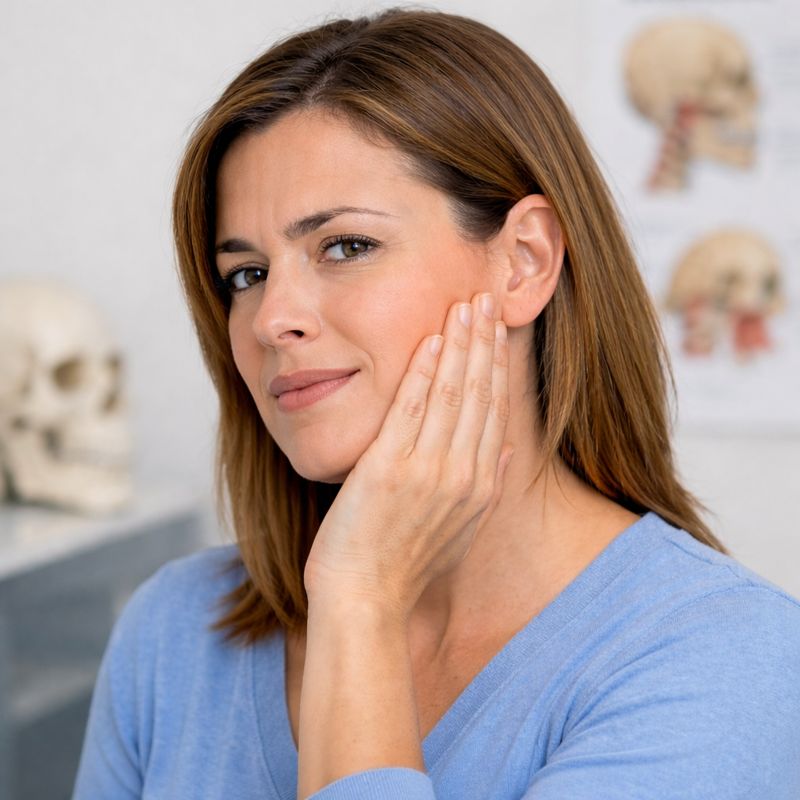
Leave a comment